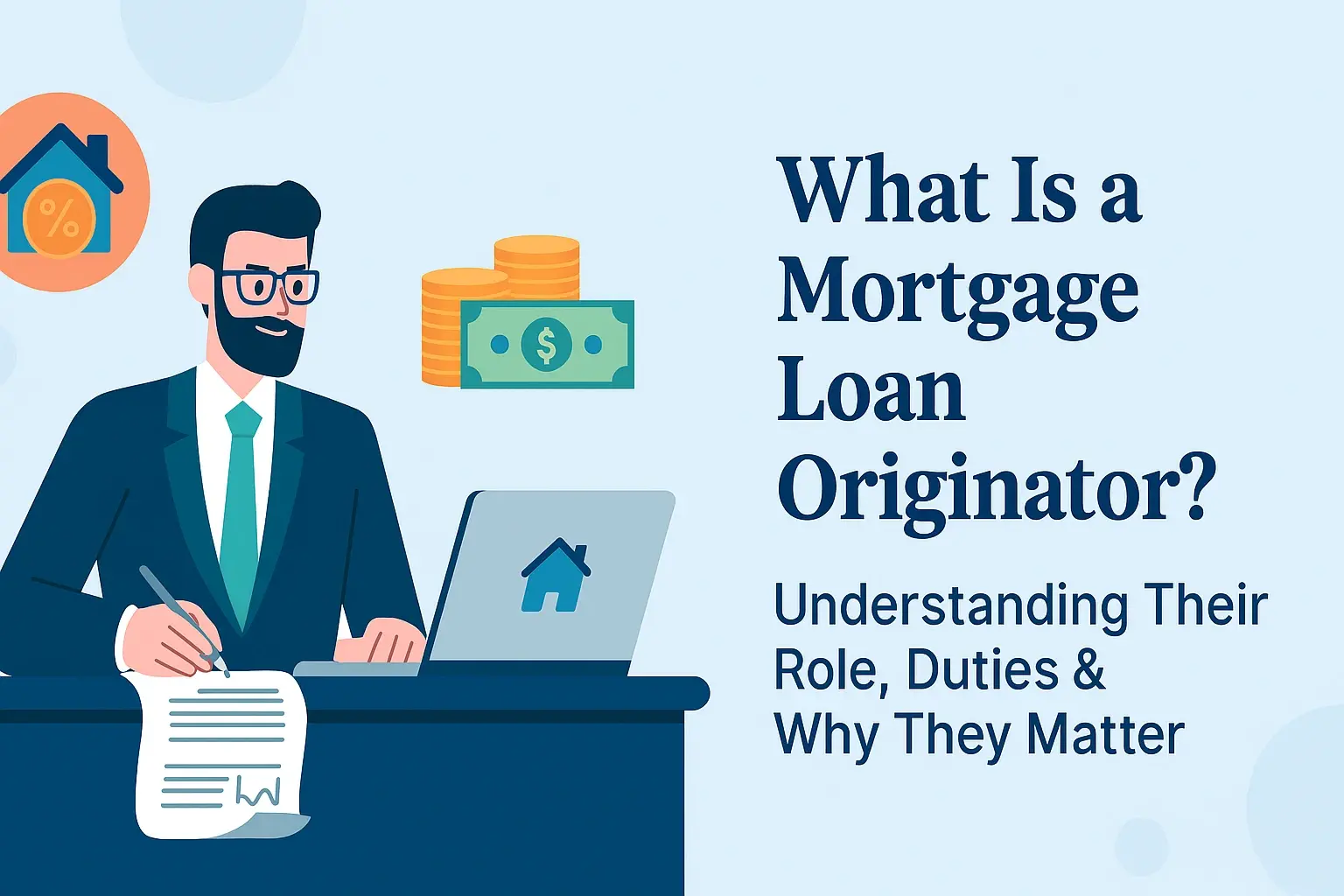-
Posted on: 23 Aug 2024

-
Who Decides and What Qualifies As A Low Credit Score
Credit score is a number ranging from 300 to 800 which gives the creditors an idea of how you are going to handle the credit. Credit scores are normally between 300 to 850. A higher score for credit means that credit is better. A credit score below 580 is considered a bad credit score according to the general standards. Below is a breakdown of the various ranges of credit scores and what they imply on the credit market.
Below 580 – You are a bad credit.
Credit scores below 580 are generally considered to be bad credit as per the standards of most of lenders. This informs the lenders that you today have some credit complications and may not be in a position to pay as required. If your score falls within this bracket, it may be difficult to secure financing and credit cards. Only 1. 2% of people have credit scores below 580.
580-669 - Fair Credit
The fair credit score is somewhere between 580 and 669. Credit scores ranging from 300 to 579 are considered ‘fair,’ and approximately 21% of consumers have credit scores in this category. If your score lies in this range, then you can qualify for credit cards and loans, though at an inflated interest rate. If you want to be approved for better terms in the future, then you should work on building your score. The ability to raise your credit rating from the fair category to the good one is advantageous in the long run.
670-739 - Good Credit
A credit score ranges between 670 and 739, and anything within this bracket is considered good. This demonstrates to the lenders that you have a good record in handling credit and thus have the capability to pay back the loan as agreed. According to the given credit score range, about 58% of individuals possess good credit scores. In this range, you should be able to access most credit cards and loans at reasonable interest rates. If you score above 700 within this range, you will be in good standing to access the financing.
740-799 – Very Good Credit
Excellent credit scores range from 740 to 799. This credit score category represents 14 percent of the population. This range is thought to be excellent by lenders. Lenders will probably give you credit for virtually any kind of loan or credit card at the best possible rates, including low interest rates. A score within this range is favorable and if your score is within this bracket then you are among the select few financially prudent borrowers who score above 760.
800-850 - Exceptional Credit
Generally speaking, when the credit score is above 800, it is considered to be very good. Individuals scoring above 800 are rare and comprise only 5% of the population. Lenders will approve any loan product that you apply for with such a score and you get the best rates and terms in the market. Getting a score higher than 830 is almost impossible—it will be tough for anyone to establish such a clean credit record. A good score proves to the lenders that one is always paying bills before the due date or even better, without any balance on the credit card.
This is how lenders draw your credit score.
Lenders rely on the credit score to determine the level of risk that you are as a borrower. In general, the higher your score the less of a default risk the lenders believe to be. Thus, the higher position is tied to better loan conditions, lower interest rates, higher credit limits, and the availability of more and varied forms of financing. Some examples:
Auto Loans – The interest rate that you will be provided on an auto loan will depend so much on your credit score. A person with a credit score of 700 can get an average interest rate of around 4% while a person with a fair credit score may have to pay around 10% or more than that. On an auto loan of $20,000 for 5 years, the 2% difference equates to over $1,000 in extra interest for those with lower scores.
Home Mortgages – This type of loan will be determined by your credit status where you will either be approved or rejected. It also affects the amount of down payment that a potential buyer is expected to make, the term of the loan, and the mortgage rate. Creditworthy individuals can also take loans of greater amounts with a small down payment and over the mortgage loan they will be charged less interest.
Credit Cards – Credit card issuers rely on your credit score to establish whether to extend your credit and how much credit you qualify for. Consequently, the higher your score ranges, the more likely your limit will be. Your interest rate is also partly determined by your credit score: the better the score, the lower the rate.
Personal Loans - Most online lenders and banks base their approval for a personal loan depending on the credit score. They also use the above score to determine the interest rate that you are going to pay. Even a single hundred-point difference in your score can help you save thousands of dollars in interest on a $10,000 personal loan taken for 5 years.
In other words, the importance of keeping one’s credit score as high as possible cannot be overstated, as it will end up saving you a lot of money throughout your life. There are very good or excellent credit scores and when you fall under this category, you get the best rates from lenders who are willing to get your business.
Tips for Enhancing Your Credit Score
Well, if your credit score is in the bad credit range now, it does not necessarily mean that all is lost. Diligently following these steps can help you rebuild your score over time: Diligently following these steps can help you rebuild your score over time:
Fix credit issues - Look for mistakes on your credit reports that may be lowering your credit score. Most often, you dispute any inaccurate information with the reporting agencies that may help you to improve your score instantly.
Credit card balances – Should endeavor to have low balances, below 30% of the credit limit is desirable. This will assist you in reducing your credit utilization ratio which is one of the key factors that determine your overall score.
Credit blending – Use credit cards, auto loans, mortgages, student loans, and other credit facilities. Such a mix is beneficial in proving that you are capable of handling any kind of loan responsibly.
Pay your bills on time – The payment history that the credit bureaus have about you is a significant component of the credit scoring model. Pay all the bills on time by ensuring that you set up automatic payments on all the accounts.
Reduce the number of hard inquiries – Every time you apply for credit, it leads to a hard pull which reduces your score by a few points. Minimize the number of applications for credit cards or loans to avoid a negative rating on your credit report.
Establish credit history – This is one of the elements of credit score; hence, it would be advisable to open an account with at least one credit card company. One good practice that helps is to let all accounts go into many years’ worth of aging.
Bad credit repair requires time and a good money management habit over several years. However, it is possible to improve a lot through better payment, lower credit card utilization, and caution when applying for new credit. To sum up, it does not take much effort to ruin one’s credit score but to rebuild it, one has to stay consistent in practicing positive credit behaviors.
This article briefly outlines what is usually regarded as a low credit score, describes the different ranges of credit scores, describes how credit scores are used in making decisions by lenders, and ways to address bad credit. The content does not contain any form of special characters.
Get fast and reliable credit repair—call (888) 803-7889 to get started!











